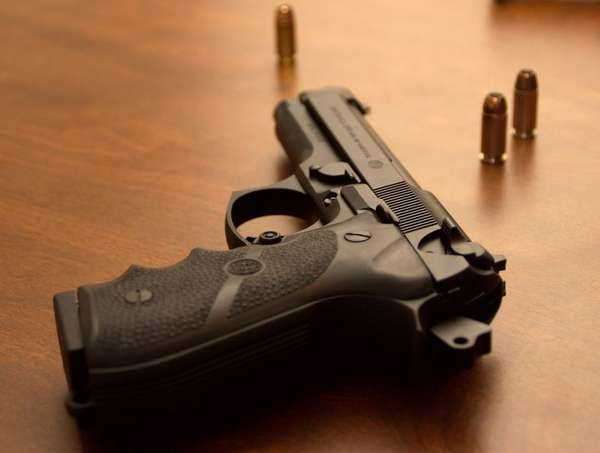Understanding Concealed Weapons Permit
A concealed weapons permit can be secured in some though not all American states in order to provide the bearer with the ability to take specified kinds of firearms, most often an otherwise legally permissible handgun, out into public as long as it kept concealed under one’s clothing or in some other item of personal attire.

A concealed carry permit may not play a part in conferring the right to carry concealed weapons in this way in some cases, however, as could mean either that concealed weapons are not allowed at all in the state or that concealed weapons can be carried without any particular legal oversight from state law enforcement or government. Moreover, people should also attend to the degree to which their state-issued concealed weapons permit enjoys concealed carry pistol reciprocity with other states in the U.S.
A concealed weapons permit may also be liable to various kinds of legal provisions and to varying degrees of restrictions thus imposed. The New Jersey concealed carry permit rules are noted as being some of the most stringent in the country, holding that state residents can only obtain a concealed weapons permit if they demonstrate that the practice is made necessary by the nature of their employment.
By contrast, Arizona, Vermont, and Alaska are notable as the only three states in the country which allow residents to carry concealed weapons out into public without first having securing any form of permission or a concealed carry permit, while no concealed weapons permit or other vestige of permissibility will be observed by Illinois or Wisconsin.